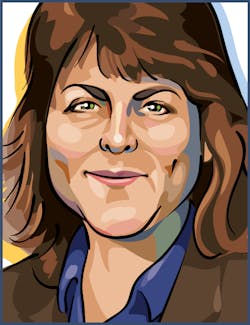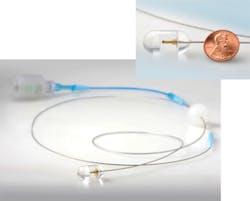
http://www.ninds.nih.gov/research/translational/index.htm
National Psoriasis Foundation Translational Grants program:
https://www.psoriasis.org/research/our-research/grants/translational
https://ctsi.mcw.edu/investigator/funding/pilot-grants/
SPORE grants from the National Cancer Institute:
http://www.parkinsons.org.uk/content/translational-research-grants-call-drug-targets
In the late 1980s, the successful translation of laboratory technology to commercial product had a different name: technology transfer. While this term still holds for many industries, here's hoping that the "translational research" buzzword will indeed improve clinical outcomes; sometimes, it's 'what's in a name' that counts.
About the Author

Gail Overton
Senior Editor (2004-2020)
Gail has more than 30 years of engineering, marketing, product management, and editorial experience in the photonics and optical communications industry. Before joining the staff at Laser Focus World in 2004, she held many product management and product marketing roles in the fiber-optics industry, most notably at Hughes (El Segundo, CA), GTE Labs (Waltham, MA), Corning (Corning, NY), Photon Kinetics (Beaverton, OR), and Newport Corporation (Irvine, CA). During her marketing career, Gail published articles in WDM Solutions and Sensors magazine and traveled internationally to conduct product and sales training. Gail received her BS degree in physics, with an emphasis in optics, from San Diego State University in San Diego, CA in May 1986.
